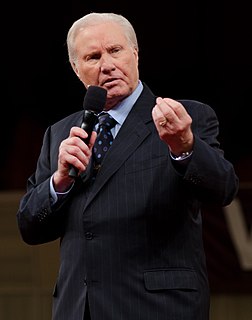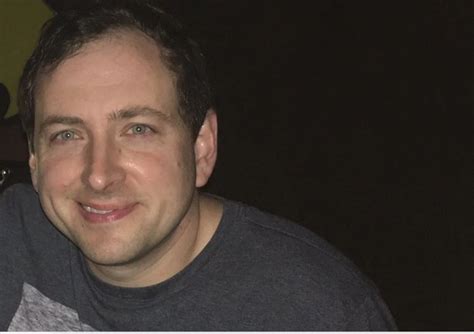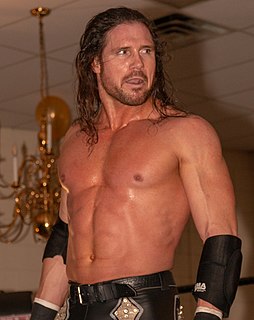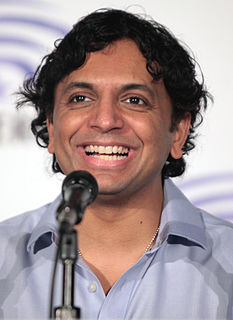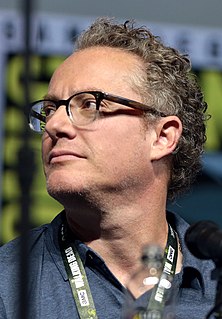A Quote by David Fincher
What you learn from that first, and I don't call it 'trial by fire,' I call it 'baptism by fire,' is that you are going to have to take all of the responsibility, because basically when it gets right down to it, you are going to get all of the blame, so you might as well have made all of the decisions that led to people either liking it or disliking it. There's nothing worse than hearing somebody say 'Oh, you made that movie? I thought that movie sucked,' and you have to agree with them, you know?
Related Quotes
When I first heard that they were going to make 'Beauty and the Beast' at Disney, I was like, 'Oh, God, there's no way I'm going to see that movie,' because I knew what that movie was, was just two people sitting down to dinner over and over and over again. But then when I went to see it, it was like, 'Oh, they made it work.'
I kind of joke with myself that you shouldn't be able to be a creative producer if you weren't a first AD. Because it is such fantastic training for really understanding what everyone does, and how the movie actually gets made. You have to know if you're the first you're kind of the set general, you're at the director's right hand, you know everything about how a director puts a movie together, you know everything about how a movie gets made.
I do not plan in any way to whitewash my sin. I do not call it a mistake, a mendacity; I call it sin. I would much rather, if possible - and in my estimation it would not be possible - to make it worse than less than it actually is. I have no one but myself to blame. I do not lay the fault or the blame of the charge at anyone else's feet. For no one is to blame but I take the responsibility. I take the blame. I take the fault.
Then you have these people in the movie theaters that talk the whole time during the movie. You ever go with somebody like that to a movie but you don't realize until you get there that you're with somebody like that? Brand new movie. First day it's open. You're there together and the entire time they're sitting there: Where's she going? Why'd he do that? Is he mad at her? I don't know, let's watch and find out together shall we? You know who you are. You're denying it right now: I do not do that. Why is she saying that?. What's she gonna say next?
When you're writing a movie or a play and writing isn't going well, which is for me the normal condition - it's an exceptional day when suddenly I've got something and it's going well - you can call the studio or the producer or whoever is waiting for it and say, "I know I said I was going to have it in by the end of the summer.
What I like doing best is Nothing." "How do you do Nothing," asked Pooh after he had wondered for a long time. "Well, it's when people call out at you just as you're going off to do it, 'What are you going to do, Christopher Robin?' and you say, 'Oh, Nothing,' and then you go and do it. It means just going along, listening to all the things you can't hear, and not bothering." "Oh!" said Pooh.





